By Carissa Rutkauskas
AMST 1201: Introduction to American Studies
What is an American? A multi-disciplinary inquiry into the diversity of American societies and cultures.
Aleina from Granby Memorial High School
My decision to take ECE American Studies was one of the best decisions I ever made since it introduced me to the style of college level courses, a factor that helps me feel more relaxed about college. Further, taking this course helped me improve my paper writing skills while learning American History. Namely, this course made me open my eyes, and realize that American History is nuanced, with several decisions that seemed beneficial initially, but eventually failed to achieve the initial goal.
Dylan from Rockville High School
I participated in ECE American Studies this past year and found it to be not only developmental to myself as a student, but fun as well! We were taught straightforward concepts and information, but the way we were able to express this information creatively was the fun part. For example, we had to make a 15-minute long documentary about whether or not the founding fathers ideals were held up in society today. So, me and my friends made a video, and the concept was that the founding fathers had been revived and they were interviewing people to work in the government with them, so these people being interviewed gave examples of how their ideals were held up today to try and get the job. Being able to do projects creatively like that with friends while learning in the process led to my success and the fun I had doing this ECE course.
Fabio from John F. Kennedy High School
Attending UConn has been an incredibly rewarding experience. Although the coursework was sometimes challenging, my hard work and determination led to successful completion. This opportunity provided me with valuable college experience, which was essential for me as a European immigrant, given the significant differences in how college operates here compared to Europe. Overall, I thoroughly enjoyed the experience.
ENGL 1007: Seminar and Studio in Academic Writing and Multimodal Composition
College composition through multiple forms of literacy, including rhetorical, digital, and information literacies necessary for twenty-first-century contexts. The development of creatively intellectual inquiries through sustained engagement with texts, ideas, and problems. Emphasis on transfer of writing and rhetorical skills to academic and daily life. ENGL 1007 includes a built-in one-credit studio component.
Jayden from Berlin High School
Over the course of this school year in a UConn writing course, I have learned an immense amount of information on how to perfect my writing craft. From tone and diction, to critical thinking, I have improved in every aspect of my writing; thus, my confidence has skyrocketed over the course of the year.
Ian from Daniel Hand High School
This course treated me like a college student unlike any other AP class. I was able to truly get a feel for what college coursework was like and learned more about myself and my writing. I’ll use what I learned this year to continue my education and athletics at the University of Missouri.
Andrew from Seymour High School
It was a great class that informed me more on how we need empathy for those who are struggling around us. The humans in education project was a success and taught me that those who are struggling with food need help from the community.









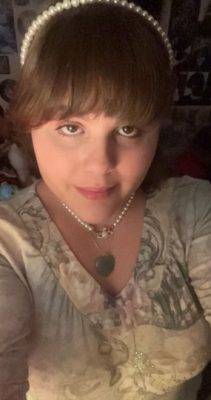
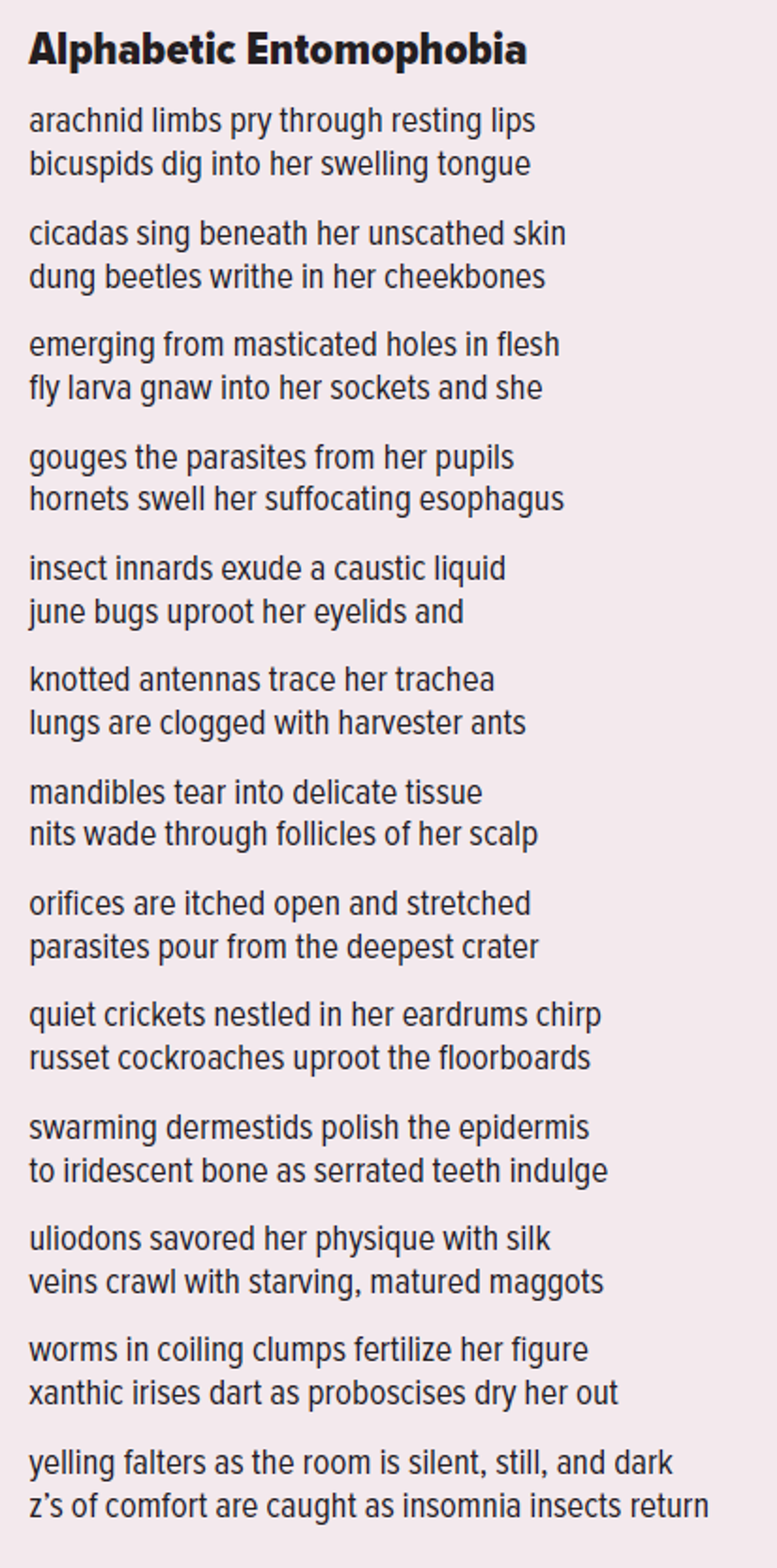
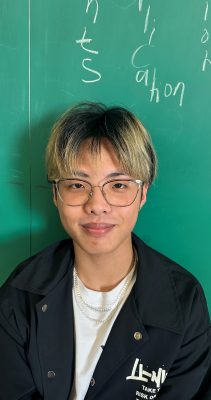
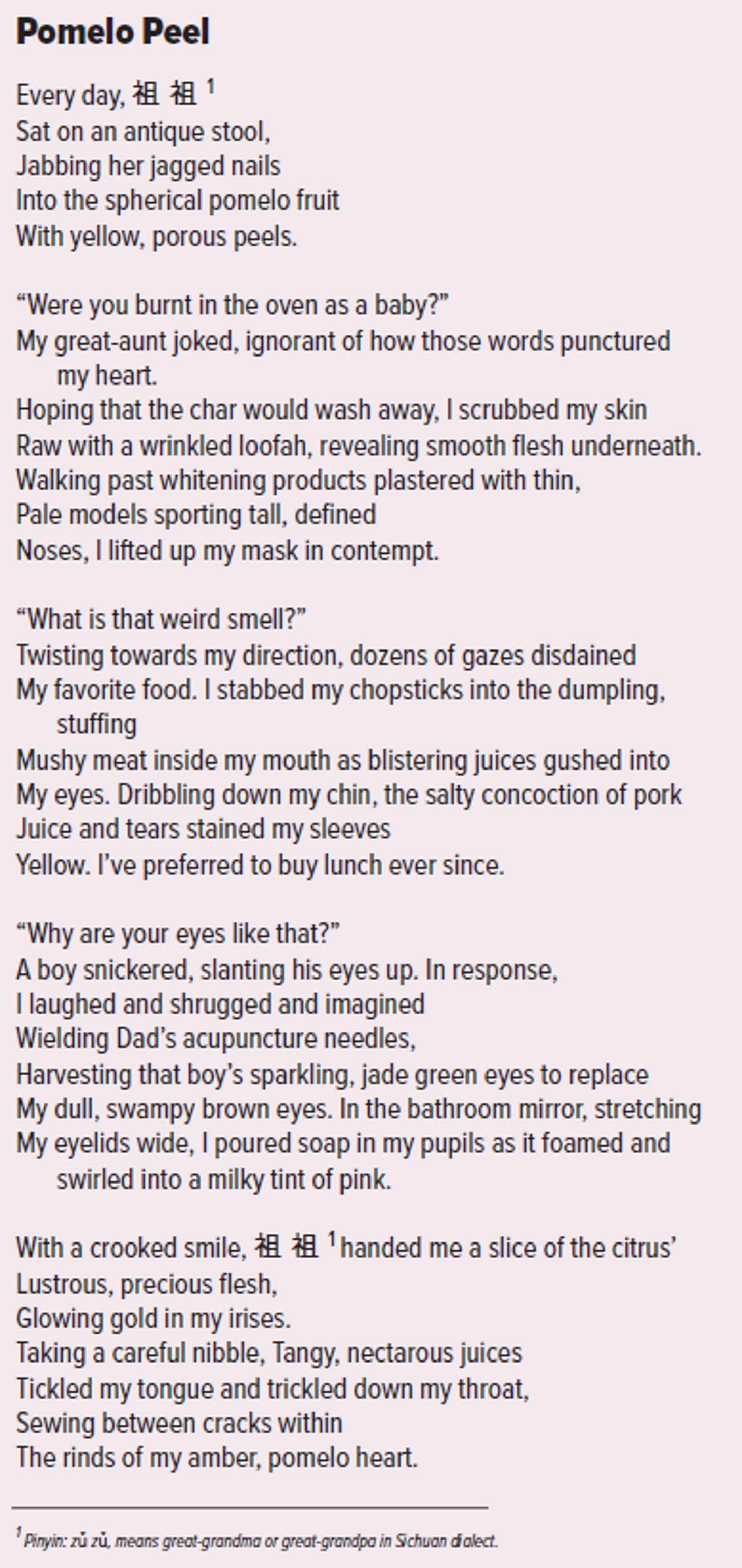
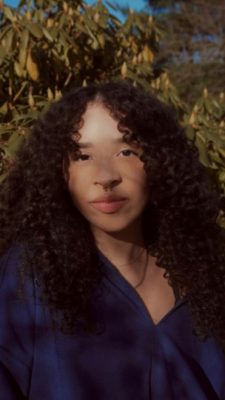
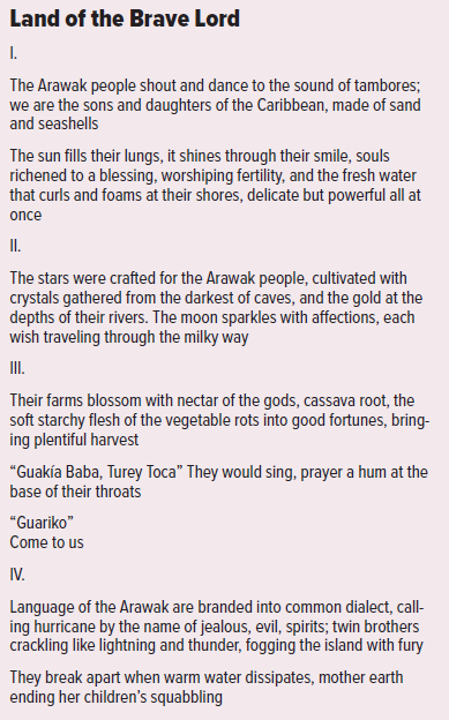
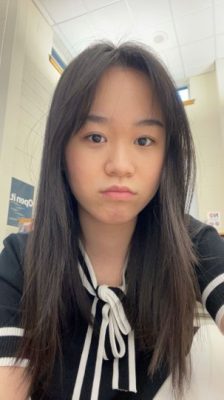
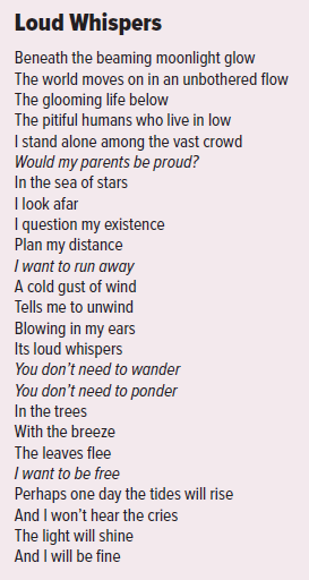
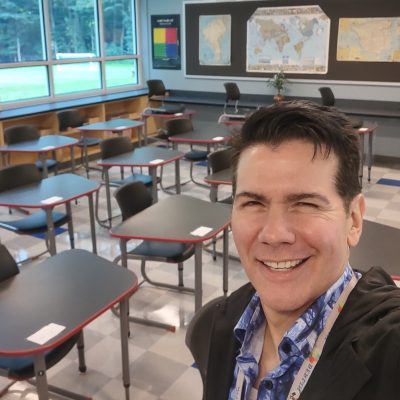 Conversation: Cultural Topics, since 2012. His unique gift to ECE classrooms was bringing alive the language, culture, and history through his storytelling based on his extensive travel experiences in the Hispanic and Portuguese worlds, and his Chilean heritage. In his retirement, Mr. Lewis will move on to his third career teaching Buddhist philosophy and practice, and eventually living part time in the White Mountains and in Chile.
Conversation: Cultural Topics, since 2012. His unique gift to ECE classrooms was bringing alive the language, culture, and history through his storytelling based on his extensive travel experiences in the Hispanic and Portuguese worlds, and his Chilean heritage. In his retirement, Mr. Lewis will move on to his third career teaching Buddhist philosophy and practice, and eventually living part time in the White Mountains and in Chile.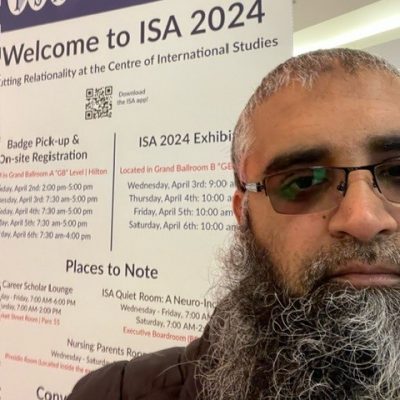 International Studies Association Annual Conference in San Francisco, CA in April, where he presented a research paper on Nationalism and identities in South Asia, an article version of his dissertation. He also co-presented on forming national identities, mass culture, and land rights. Dr. Rafiq was able to attend several sessions, including foreign policies, using role theory and Arab Spring 2.0, and civil war research.
International Studies Association Annual Conference in San Francisco, CA in April, where he presented a research paper on Nationalism and identities in South Asia, an article version of his dissertation. He also co-presented on forming national identities, mass culture, and land rights. Dr. Rafiq was able to attend several sessions, including foreign policies, using role theory and Arab Spring 2.0, and civil war research.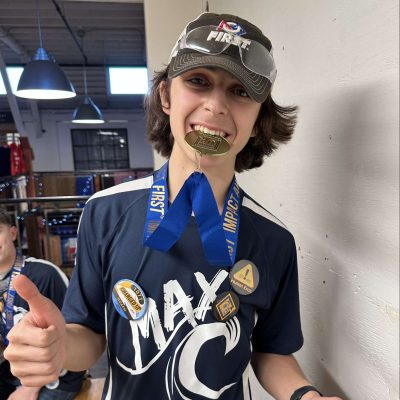
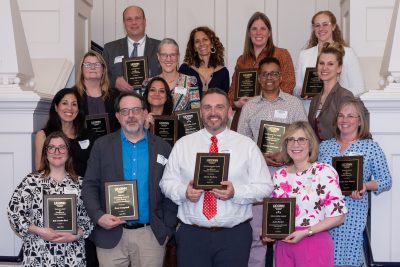
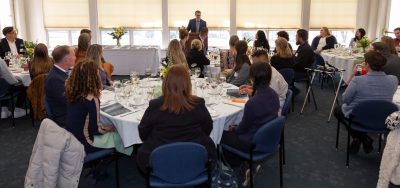 ear we had the great honor to recognize thirteen Professional Recognition Award winners along with six award winners of the Silver Jubilee Award (25-year partners). The night was filled with heartfelt speeches, tears of joy, laughter, and celebration as winners, accompanied by their family and friends were able to pause and acknowledge the great impact they have on the lives of their students, their community, and those who work alongside them.
ear we had the great honor to recognize thirteen Professional Recognition Award winners along with six award winners of the Silver Jubilee Award (25-year partners). The night was filled with heartfelt speeches, tears of joy, laughter, and celebration as winners, accompanied by their family and friends were able to pause and acknowledge the great impact they have on the lives of their students, their community, and those who work alongside them.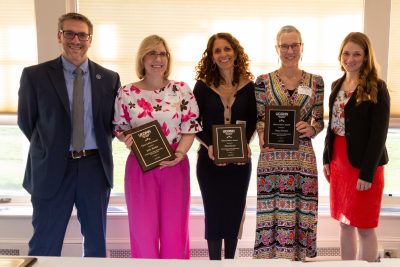
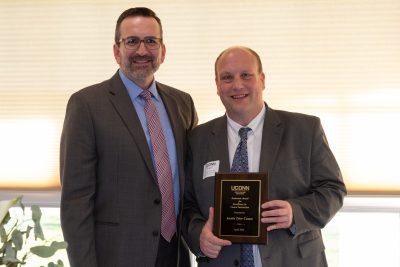
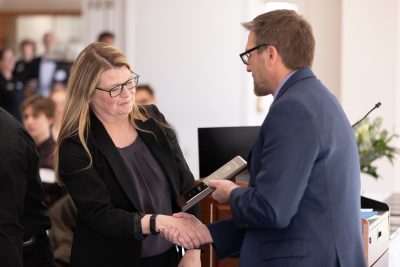
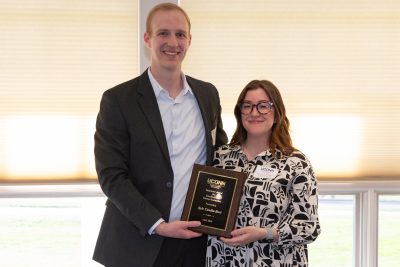
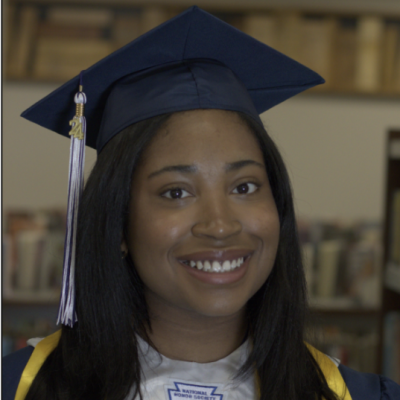
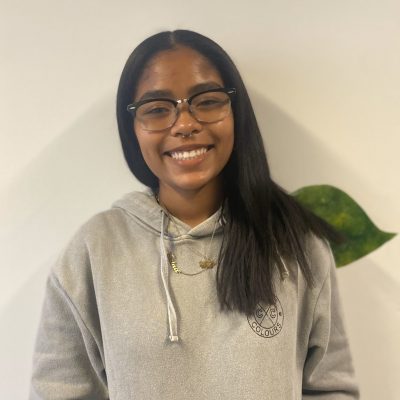
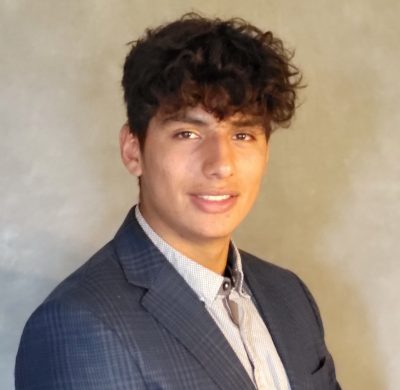
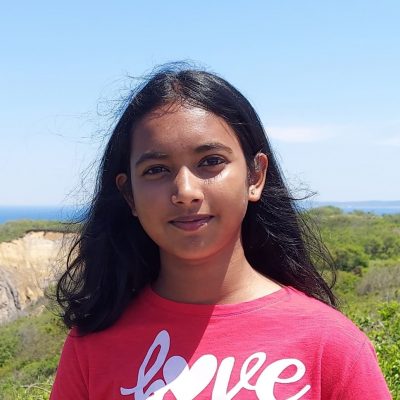
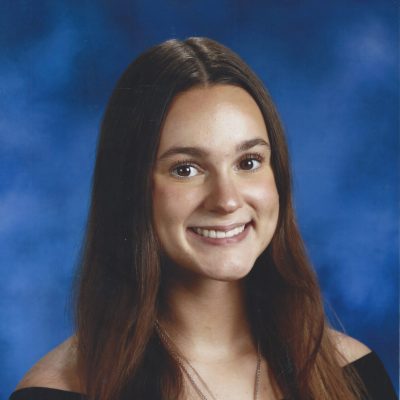
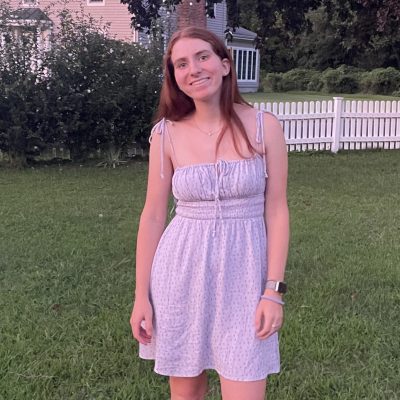
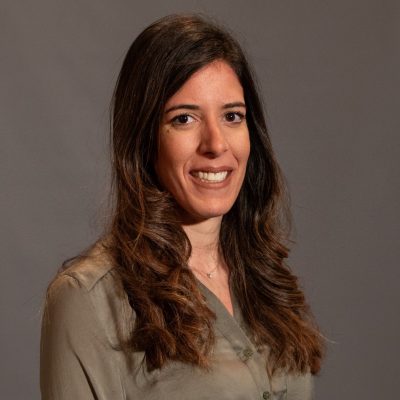


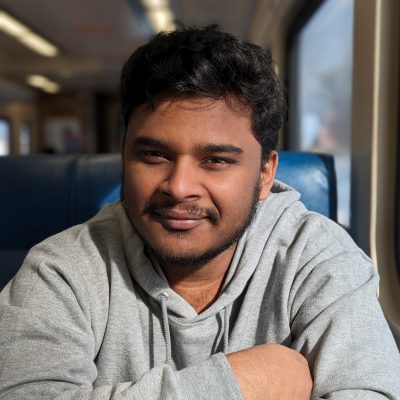

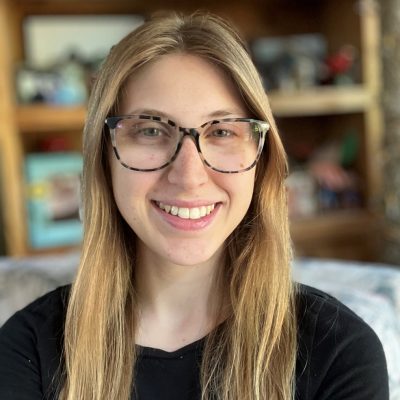
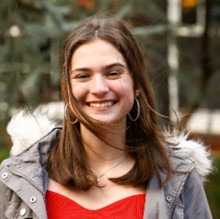

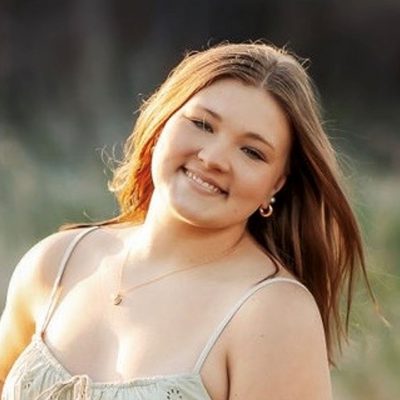


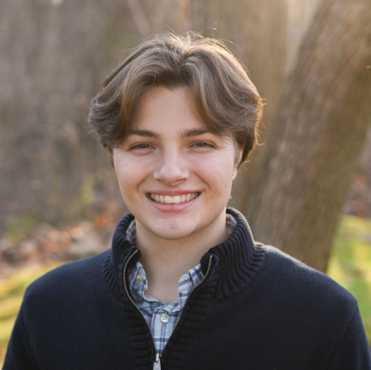
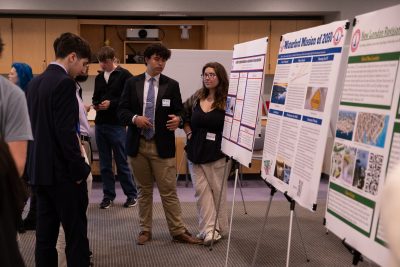
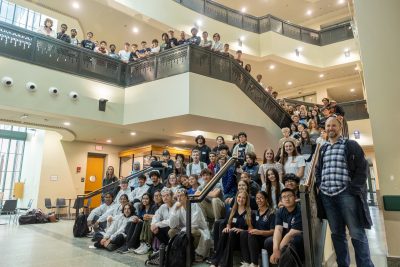
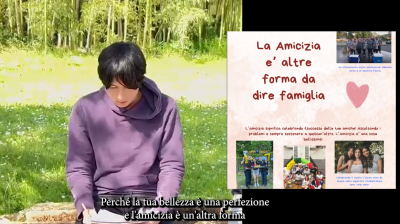
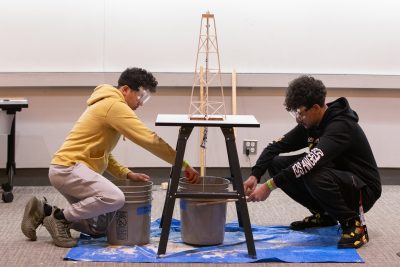
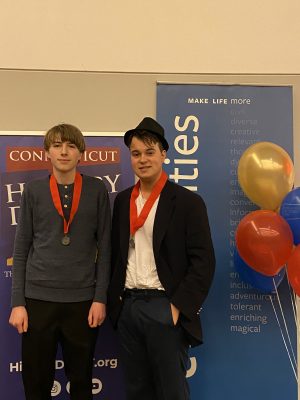
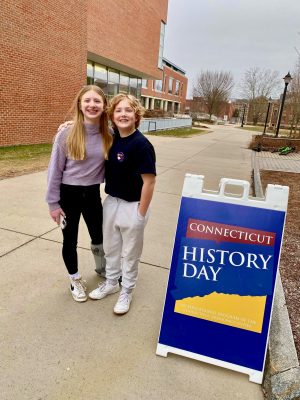
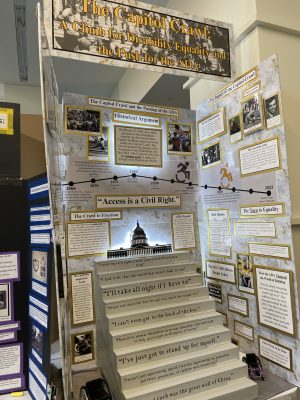
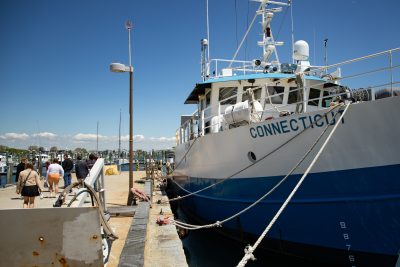 sonal research and life as a UConn student, and then took to the campus in the afternoon to explore.
sonal research and life as a UConn student, and then took to the campus in the afternoon to explore.